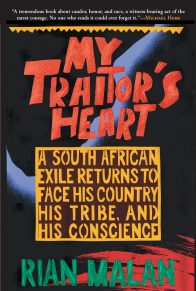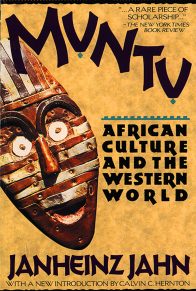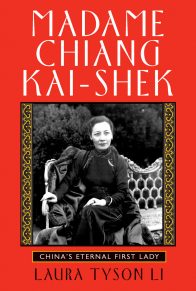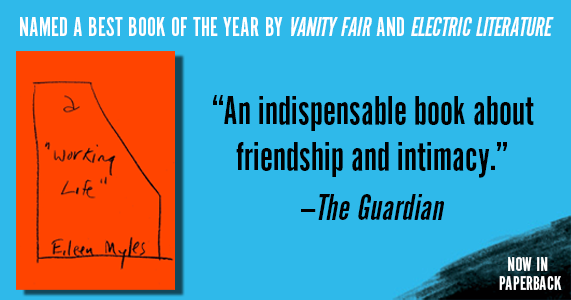“Cynical, lively and, above all, opinionated. . . . [The Lion Sleeps Tonight] provides a fascinating glimpse of post-apartheid South Africa.” —Anthony Sattin, The Sunday Times (UK)
“[A] startling collection of essays. . . . South Africa should treasure Malan, but it won’t. One suspects that he wouldn’t have it any other way.” —Ed Caesar, The Sunday Times (UK)
“[Malan] is not interested in generalizations, or political theories, or rosy speculation, or myths, or race theory, but in simple justice. . . . Malan is South Africa’s Christopher Hitchens, similarly touched with genius.” —Justin Cartwright, The Daily Telegraph (UK)
“Malan’s sardonic narration offers a succinct picture of South Africa today.” —Irish Examiner
“A book ripe with horrors. But also—and you can feel the astonishment in his words when he says as much—strange new moments of hope. . . . Animated by anger and a savage irony, yet always controlled, clear and readable.” —Teddy Jamieson, Sunday Herald (UK)
“[Malan is] a master storyteller, with a gift for conjuring a sense of place and an ear for engaging dialogue. . . . His best stories take you places you have never been and introduce you to characters who in lesser hands would be caricatures. . . . Malan captures the tension between hope and despair as few others have.” —Bill Keller, The New York Review of Book
“Here, as in nothing I’ve read before, is the demotic voice of black and Afrikaner South Africa. . . . Triumphant.” —Salman Rushdie on My Traitor’s Heart
“Top-shelf writing . . . the pages of his book begin to seem like a path strewn with rose petals.” —Victor Lavalle, Bookforum
“Malan is a great storyteller and sometime polemicist . . . a consistently vivid, energetic writer. It’s hard not to keep reading The Lion Sleeps Tonight once you’ve started, and even when you’re done you’re likely to page back through the book in case there’s something you missed.” —The Mail and Guardian (South Africa)
“The Lion Sleeps Tonight, quite simply, is outstandingly good.” —The Daily Maverick (South Africa)
“Malan is, as I think most South Africans know, an absolutely remarkable writer—perhaps one of the best writers and commentators in the world.” —The Daily Dispatch (South Africa)
“[The Lion Sleeps Tonight], quite simply, is outstandingly good.” —Daily Maverick (South Africa)
“Malan is a great storyteller and sometime polemicist . . . a consistently vivid, energetic writer. It’s hard not to keep reading [The Lion Sleeps Tonight] once you’ve started, and even when you’re done you’re likely to page back through the book in case there’s something you missed. The energy is in the prose, in the clash of slang and biblical phraseology, in his very South African voice; it’s also in his drive to tell a story, to turn his gimlet eye on something that troubles him and to subject it to the scratching of his lively melancholia.” —Mail and Guardian (South Africa)
“Rian Malan is a master of landscape and a master of narrative, with a gift of living language that bubbles up from a full heart and an active mind.” —V. S. Naipaul
“Malan is, as I think most South Africans know, an absolutely remarkable writer—perhaps one of the best writers and commentators in the world.” —Daily Dispatch (South Africa)
“Malan could always see the story when others had long since lost the plot. Sometimes he went completely off his head as he drew out the fugitive detail, digging in dirt for a diamond, shaking up the grievously overlooked. He tried to escape the word. He went fishing for five years, trying to hide from the relentlessly pursuing plot, but to no avail. When it comes to writing, Malan is dangerously good and there is no getting away.” —Lin Sampson, Sunday Times (South Africa)















